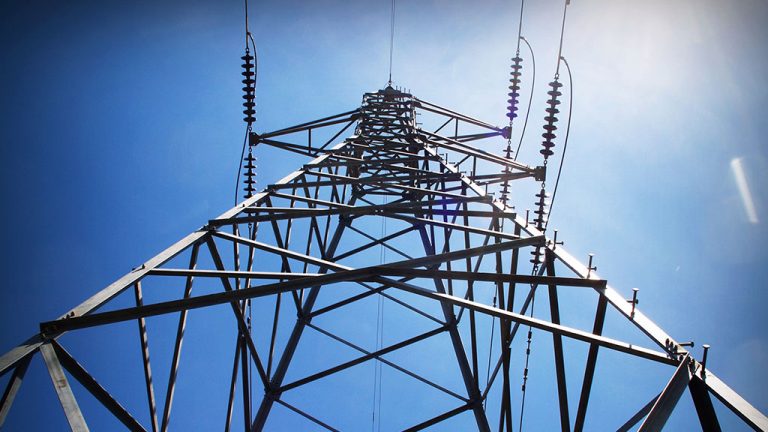Construction is underway at Toronto Western Hospital (TWH) where thermal exchange technology is being installed to heat and cool the institution in a first-of-its-kind Toronto project.
The $43 million Wastewater Energy Transfer (WET) system will exchange thermal energy from the city’s wastewater and sewer infrastructure to displace fossil fuel used by the hospital.
Dennis Fotinos, CEO of Noventa Energy Partners, which is installing the system, says the project is a showcase to overcome the inherent resistance to new technology by large institutions.
And it has worked, already triggering interest from others, including Markham which is eyeing its own sewer system for an ambitious installation there where the “Big Pipe” is nearing completion.
“No one wants to be first,” says Fotinos. “So we said, ‘we’ll take the risk and prove it works.’”
The project has been underwritten by the Canada Infrastructure Bank (CIB) which brings the payback schedule to less than 10 years, he says, and that’s important in attracting capital moving forward. Private financing could take up to 12 years to pay off.
With no risk, Ed Rubinstein, University Health Network (UHN) director of environmental compliance, energy and sustainability, says the project will deliver two goals.
First, to source thermal energy outside of the grid and, secondly, to save some 200,000 tonnes of GHG emissions.
“We wanted to reduce our carbon and looked at things like co-gen but it wasn’t a good fit,” says Rubinstein.
That led to conversations with Fotinos, who was CEO at Enwave and had been supplying district heat for hospitals downtown. Enwave was also involved in the Deep Water Cooling system which provides cooling on a district basis by pumping water from Lake Ontario on a heat exchange basis.
While the UHN cluster is on the Deep Water system, Toronto Western, which is further west from “Hospital Alley” on University Avenue, is not, so the WET project will also provide cooling moving forward. It will require changing the chillers over to feed from the new system.
Fotinos left Enwave in 2018 to form Noventa which is the key partner with TWH in the WET project using a European based technology from Huber.
“The CIB financed it through Noventa who builds and operates it and we then buy the thermal energy from them at a good rate to pay back the investment,” says Rubinstein.
The system is simple in concept, complex in design, taking thermal energy from Toronto’s wastewater and sewer system much like a ground source heat pump. The Huber unit will be installed in an existing hospital utility building separate from the main hospital so construction impact is expected to be minimal.
“There’s one access point they’re digging across the road now to get to the sewer mains and then they’ll bring the pipes into the building.”
The Huber exchanger is a thermal transfer so raw sewage and wastewater never passes into the thermal energy being brought back into the hospital. It’s an efficient and proven system that has installations across Europe.
“We are converting our steam heating system to hot water,” says Rubinstein, while the chilled water will flow through updated air handlers.
There were some supply issues and hiccups because of COVID-19 but things are now on track for completion of the initial installation in 2023, he says. From there it will probably take a year of tweaking and adjustments to get it to optimal operational efficiency.
When it is fully operational, the system is expected to provide up to 90 per cent of the hospital’s heating and cooling requirements. Researchers will also have simple direct access to raw sewage and wastewater to pull samples.
“There’s a lot of research in that area, with COVID for example, but so many other things and this is a way to get those samples without having to lift a manhole cover every time,” Rubinstein says.
Noventa is partnering with TRANE to make custom heat pumps that will increase cooling two times over a traditional system. Ultimately there will also be horizontal ground source loops added.
“This is phase one and we anticipate future phases as Toronto Western expands,” says Fotinos, adding Noventa is discussing projects in Scotland, Washington, D.C. and Florida and with nine hospitals in the Greater Toronto Area.











Recent Comments
comments for this post are closed